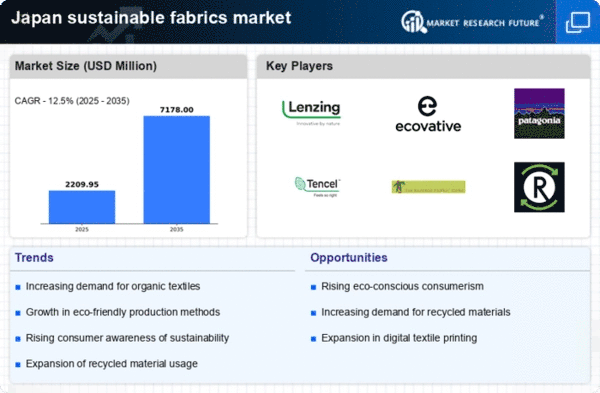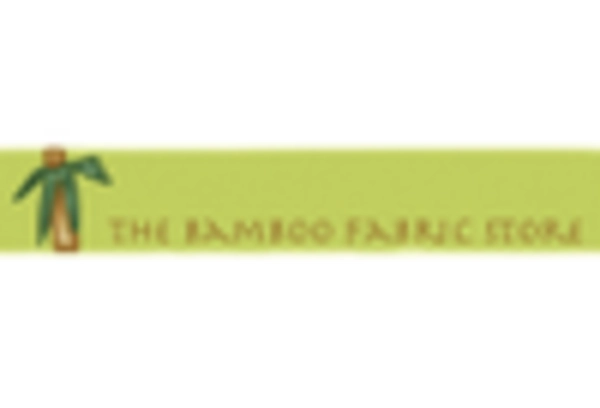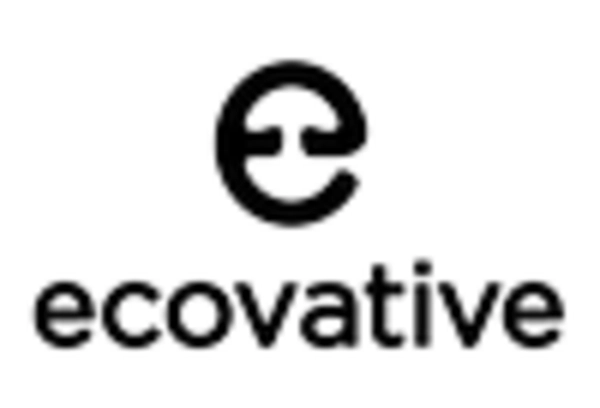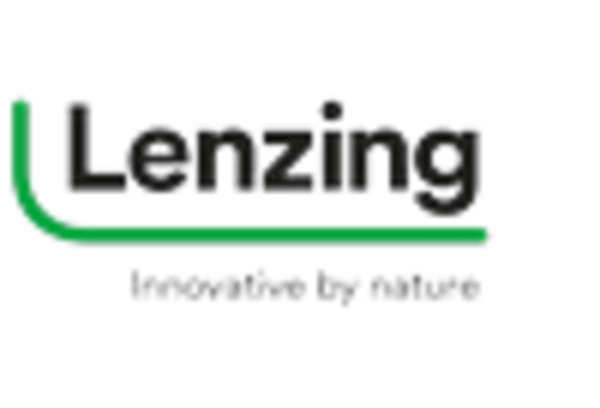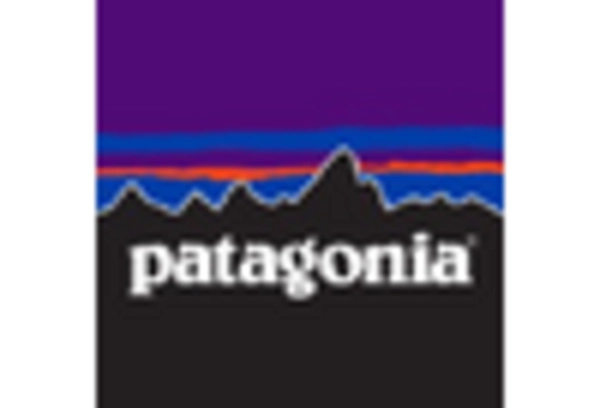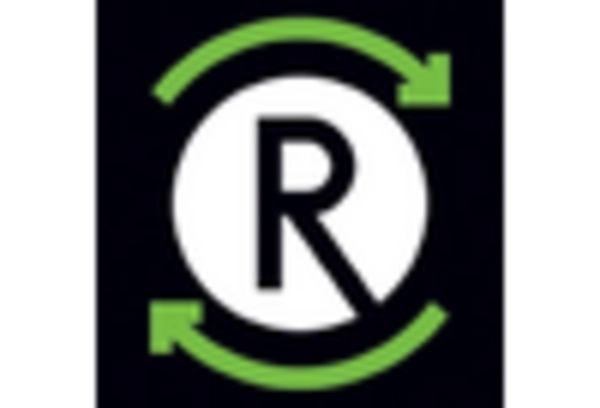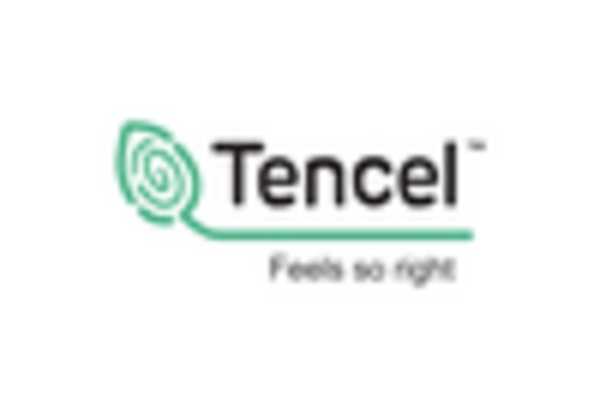Japan Sustainable Fabrics Market Summary
As per Market Research Future analysis, the Sustainable Fabrics market size was estimated at 1964.4 USD Million in 2024. The sustainable fabrics market is projected to grow from 2209.95 USD Million in 2025 to 7178.0 USD Million by 2035, exhibiting a compound annual growth rate (CAGR) of 12% during the forecast period 2025 - 2035
Key Market Trends & Highlights
The Japan sustainable fabrics market is experiencing a notable shift towards eco-friendly materials and transparency.
- The market is witnessing a rise in eco-friendly materials, driven by consumer preferences for sustainable options.
- Transparency in sourcing and production processes is becoming increasingly important to consumers in Japan.
- Government support for sustainable practices is fostering growth in the sustainable fabrics sector.
- Key market drivers include increasing environmental awareness and technological advancements in fabric production.
Market Size & Forecast
| 2024 Market Size | 1964.4 (USD Million) |
| 2035 Market Size | 7178.0 (USD Million) |
| CAGR (2025 - 2035) | 12.5% |
Major Players
Lenzing AG (AT), Ecovative Design (US), Patagonia (US), Tencel (AT), Bamboo Fabric Store (US), Repreve (US), MUD Jeans (NL), Organic Cotton Plus (US)


